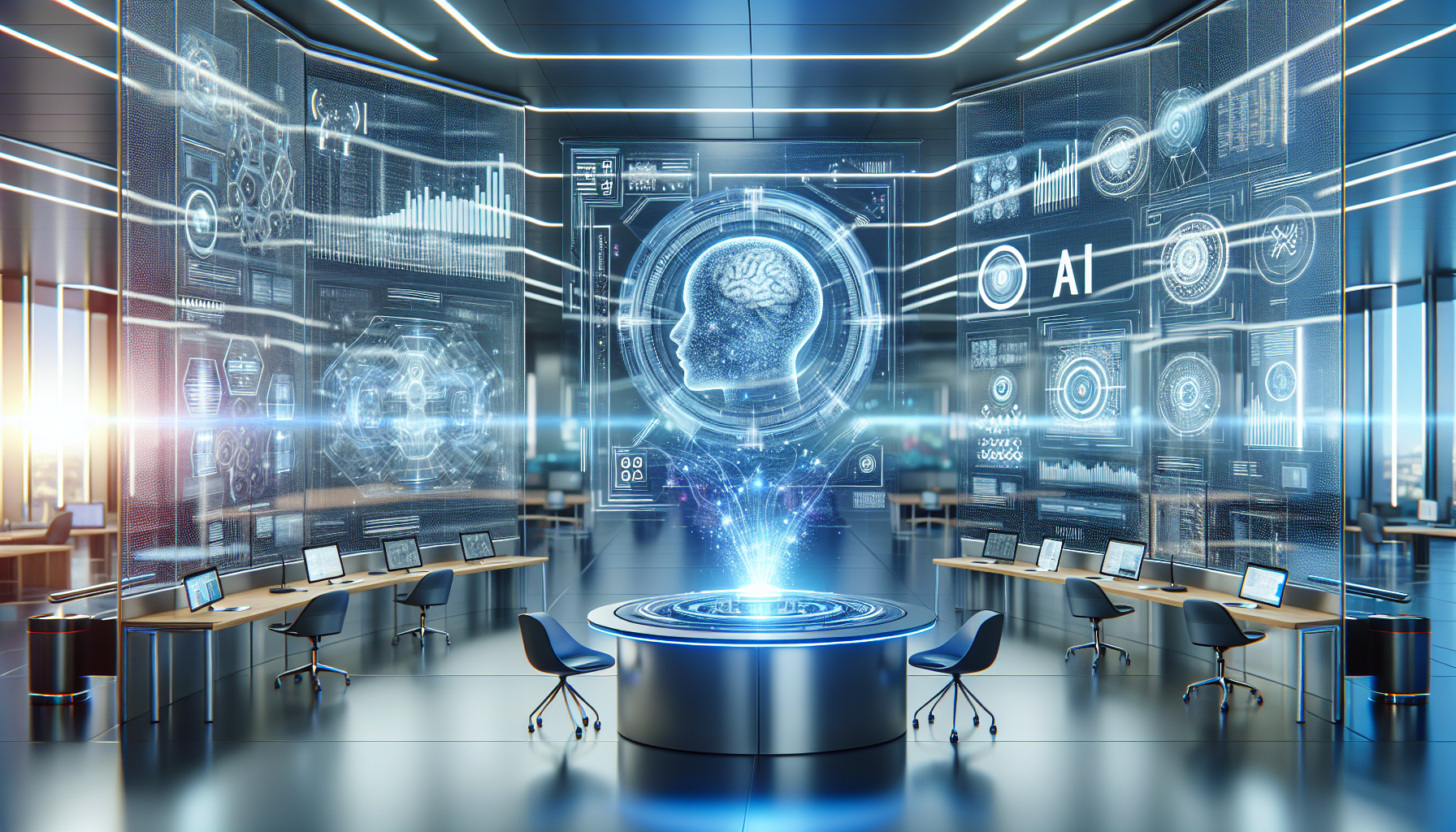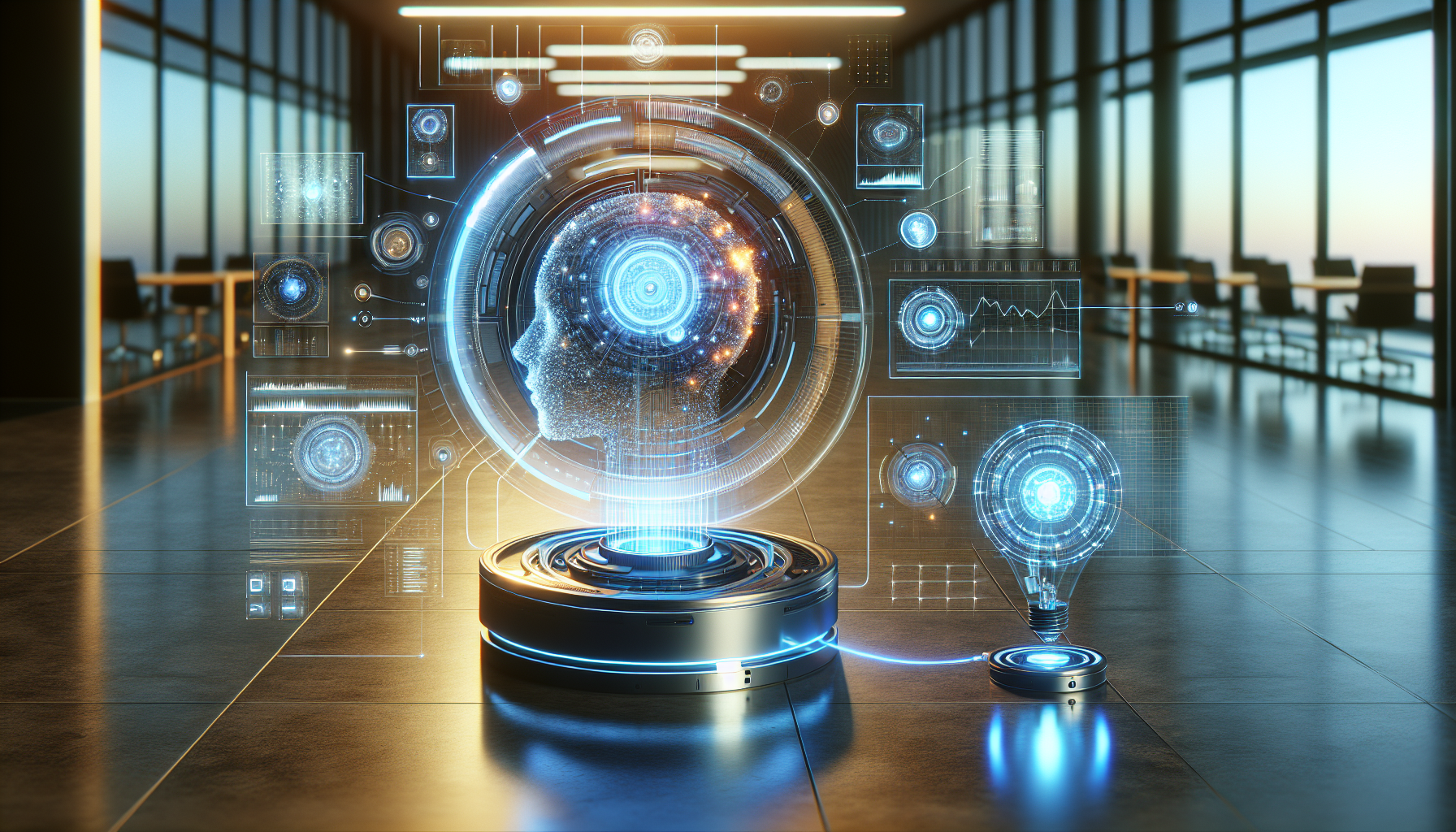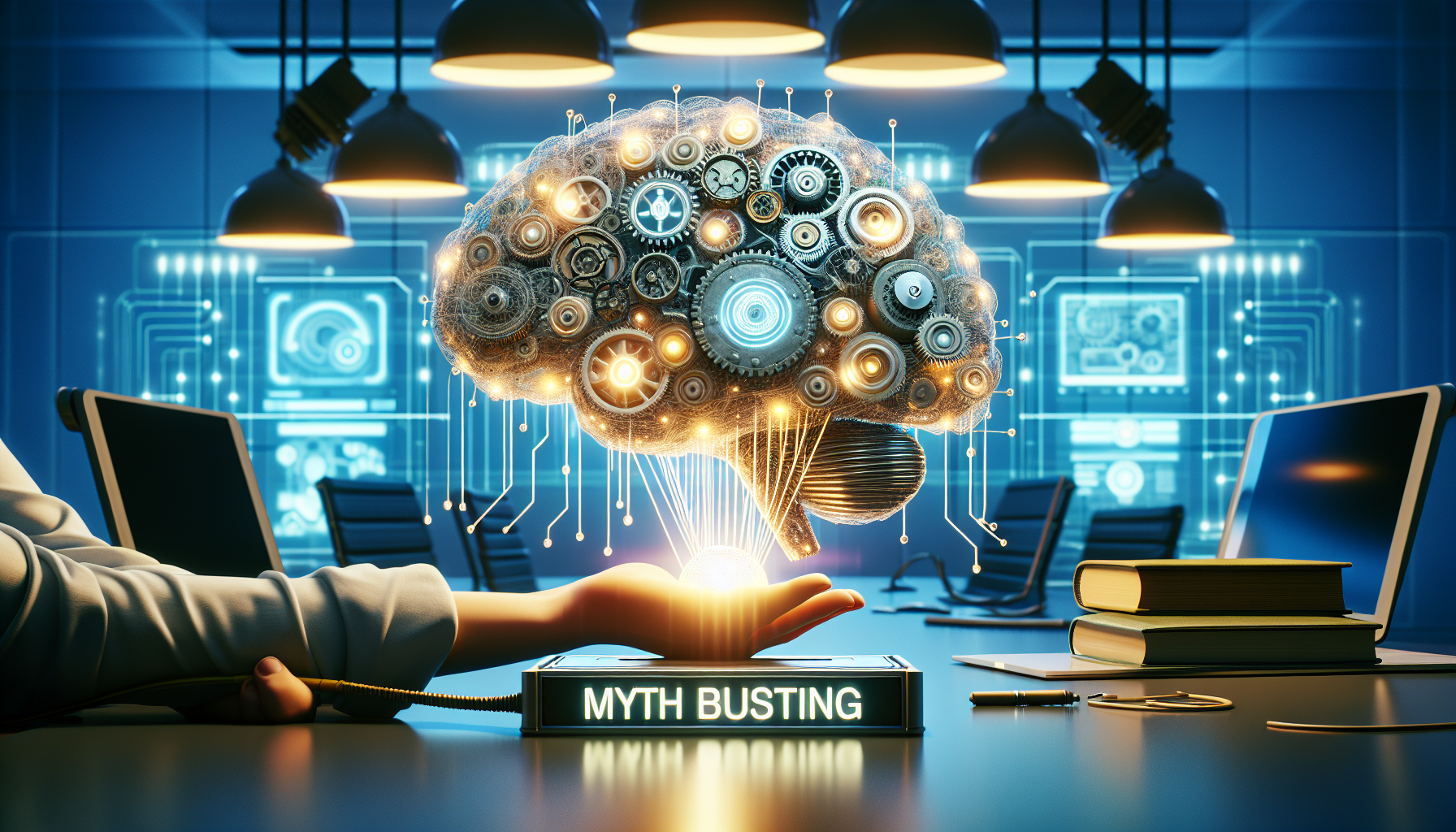
Navigating the Uncharted Waters of AI Governance: Future Challenges and Predictions
October 26, 2025
Artificial intelligence, a double-edged sword of immense potential and daunting risks, is swiftly becoming an intrinsic part of our lives. While it promises to revolutionize industries and redefine human capabilities, the governance and regulation of AI present formidable challenges that remain largely uncharted. As we peer into the future of AI governance, critical questions arise about the frameworks needed to balance innovation with ethical considerations.
The current state of AI regulation is a patchwork of policies, often reactive rather than proactive. Many governments and organizations are struggling to keep pace with the rapid developments in AI technology. The complexity of AI systems, coupled with their potential to operate at scales beyond human comprehension, underscores the necessity for robust regulatory frameworks that are adaptable yet comprehensive. This poses a significant challenge, as existing legal systems are often ill-equipped to address the nuances of AI.
The primary concern is the development of regulations that can effectively govern AI without stifling innovation. Policymakers face the arduous task of crafting rules that are neither too lax, risking harm to society, nor too stringent, hindering technological progress. This delicate balancing act requires a nuanced understanding of both AI technology and its socio-economic implications. Experts warn that overly restrictive regulations could push innovation into unregulated spaces, potentially exacerbating the risks associated with AI.
Another layer of complexity is added by the global nature of AI development. AI technologies are not confined by national borders, and their impact is inherently international. This necessitates a coordinated global approach to AI governance, yet achieving consensus among nations with diverse legal systems and priorities is a formidable challenge. Differences in cultural values and economic interests further complicate the creation of universal AI regulations.
Moreover, the opacity of AI systems themselves poses a significant hurdle. Many AI models, particularly those utilizing deep learning, operate as "black boxes," making it difficult to understand their decision-making processes. This lack of transparency raises ethical concerns, especially in critical areas such as healthcare, law enforcement, and finance, where AI-driven decisions can have profound consequences. Future regulations will need to address the demand for explainability, ensuring that AI systems are accountable and their actions are understandable to humans.
As the conversation around AI governance continues, the role of public and private sectors cannot be understated. Tech companies, often at the forefront of AI innovation, wield considerable influence over how these technologies are developed and deployed. Their involvement in regulatory discussions is crucial, yet it also raises concerns about self-regulation and conflicts of interest. There is an urgent need for independent oversight bodies to ensure that AI technologies are developed and used responsibly.
The ethical dimensions of AI governance are equally critical. As AI systems become more autonomous, questions about accountability and ethical decision-making become more pressing. Who is responsible when an AI system causes harm? How do we ensure that AI technologies are aligned with human values and do not perpetuate biases or inequalities? These are not merely technical questions but moral dilemmas that require interdisciplinary approaches and diverse perspectives.
Looking ahead, the future of AI governance will likely be shaped by a combination of technological advancements and societal values. As AI continues to evolve, so must our regulatory frameworks. This evolution demands not only legal and technical expertise but also philosophical and ethical insights. It is imperative that we engage in open, inclusive dialogues about the kind of future we want to create with AI.
The path forward is fraught with challenges, but it is also rich with opportunities for creating a more equitable and just society. As we navigate these uncharted waters, we must ask ourselves: Are we prepared to take responsibility for the technologies we create? And perhaps more importantly, are we ready to redefine our relationship with machines in ways that enhance our humanity rather than diminish it? The answers to these questions will shape the future of AI governance and, ultimately, our future as a global community.


